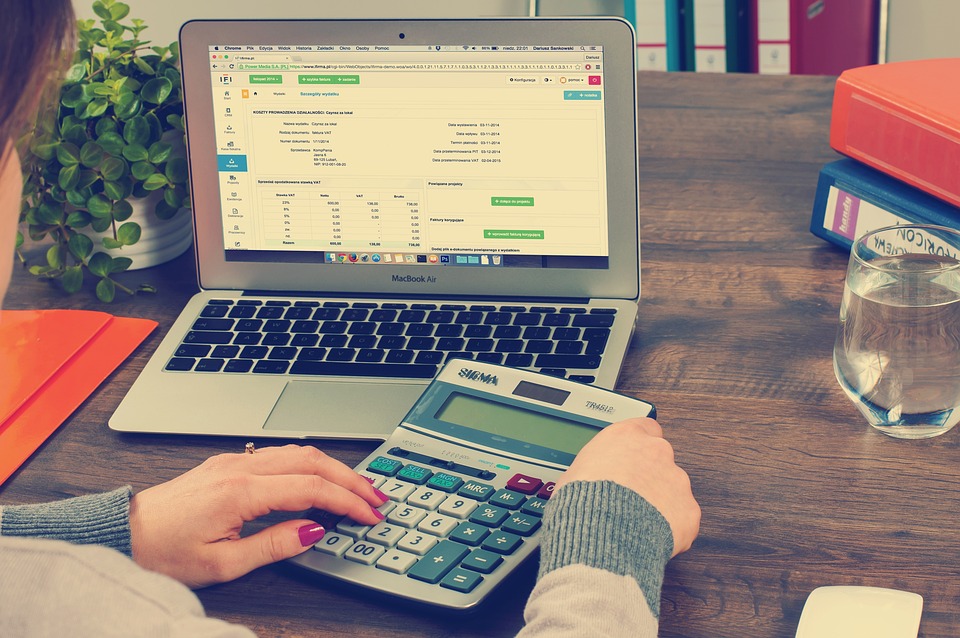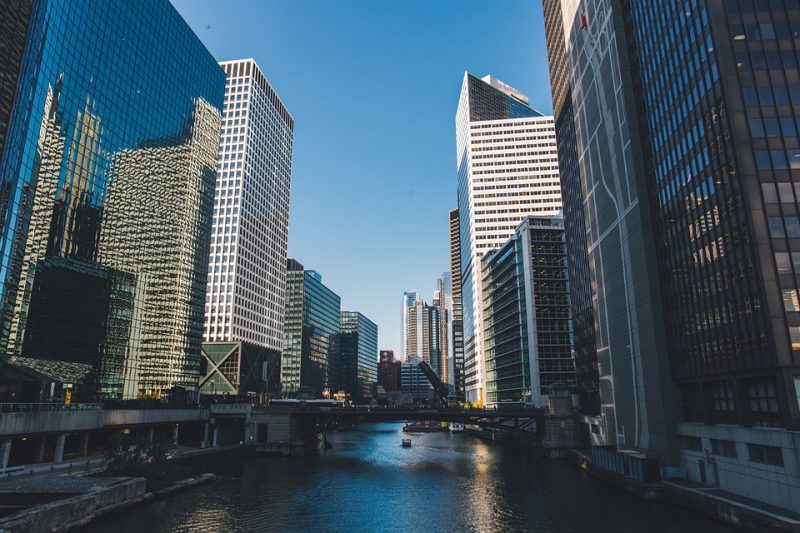
The Importance of Emergency Funds
1. Financial Security: Having an emergency fund can provide a sense of security knowing that you have a safety net to fall back on in times of need. It can help prevent you from going into debt or relying on high-interest credit cards to cover unexpected expenses.
2. Peace of Mind: Knowing that you have an emergency fund in place can help alleviate stress and anxiety during a financial crisis. It can give you the confidence to handle unexpected expenses without disrupting your daily life.
3. Avoiding Debt: Without an emergency fund, you may be forced to rely on credit cards or loans to cover unexpected expenses. This can lead to accumulating debt and paying high-interest rates, which can have a negative impact on your financial well-being.
4. Financial Independence: Having an emergency fund can provide you with financial independence and the ability to handle unexpected expenses on your own terms. It can give you the freedom to make financial decisions without relying on outside sources for assistance.
Tips for Financial Preparedness
1. Set a Savings Goal: Determine how much you want to save for your emergency fund based on your monthly expenses and financial goals. Aim to save at least three to six months’ worth of living expenses to cover unexpected expenses.
2. Automate Savings: Set up automatic transfers from your checking account to your emergency fund account to ensure consistent savings. Treat your emergency fund like a monthly bill that needs to be paid.
3. Use Windfalls Wisely: Use unexpected windfalls such as tax refunds, bonuses, or gifts to boost your emergency fund. Avoid the temptation to spend this money on unnecessary purchases and prioritize saving for emergencies.
4. Cut Expenses: Identify areas where you can cut expenses in your budget to allocate more funds towards your emergency fund. Consider cutting back on non-essential expenses such as dining out, entertainment, or subscription services.
5. Stay Consistent: Make saving for your emergency fund a priority and stay consistent with your savings goals. Even small contributions over time can add up to a significant amount that can help you in times of need.
FAQs
Q: How much should I save in my emergency fund?
A: Aim to save at least three to six months’ worth of living expenses to cover unexpected expenses. Adjust this amount based on your personal financial situation and goals.
Q: Where should I keep my emergency fund?
A: Keep your emergency fund in a separate savings account that is easily accessible in times of need. Consider a high-yield savings account that offers competitive interest rates.
Q: How do I know when to use my emergency fund?
A: Use your emergency fund for unexpected expenses that are urgent and necessary, such as medical bills, car repairs, or job loss. Avoid using your emergency fund for non-essential expenses.
In conclusion, having an emergency fund is essential for financial preparedness and peace of mind. By following these tips and prioritizing savings, you can build a solid financial foundation that can help you navigate unexpected expenses with confidence and security.





